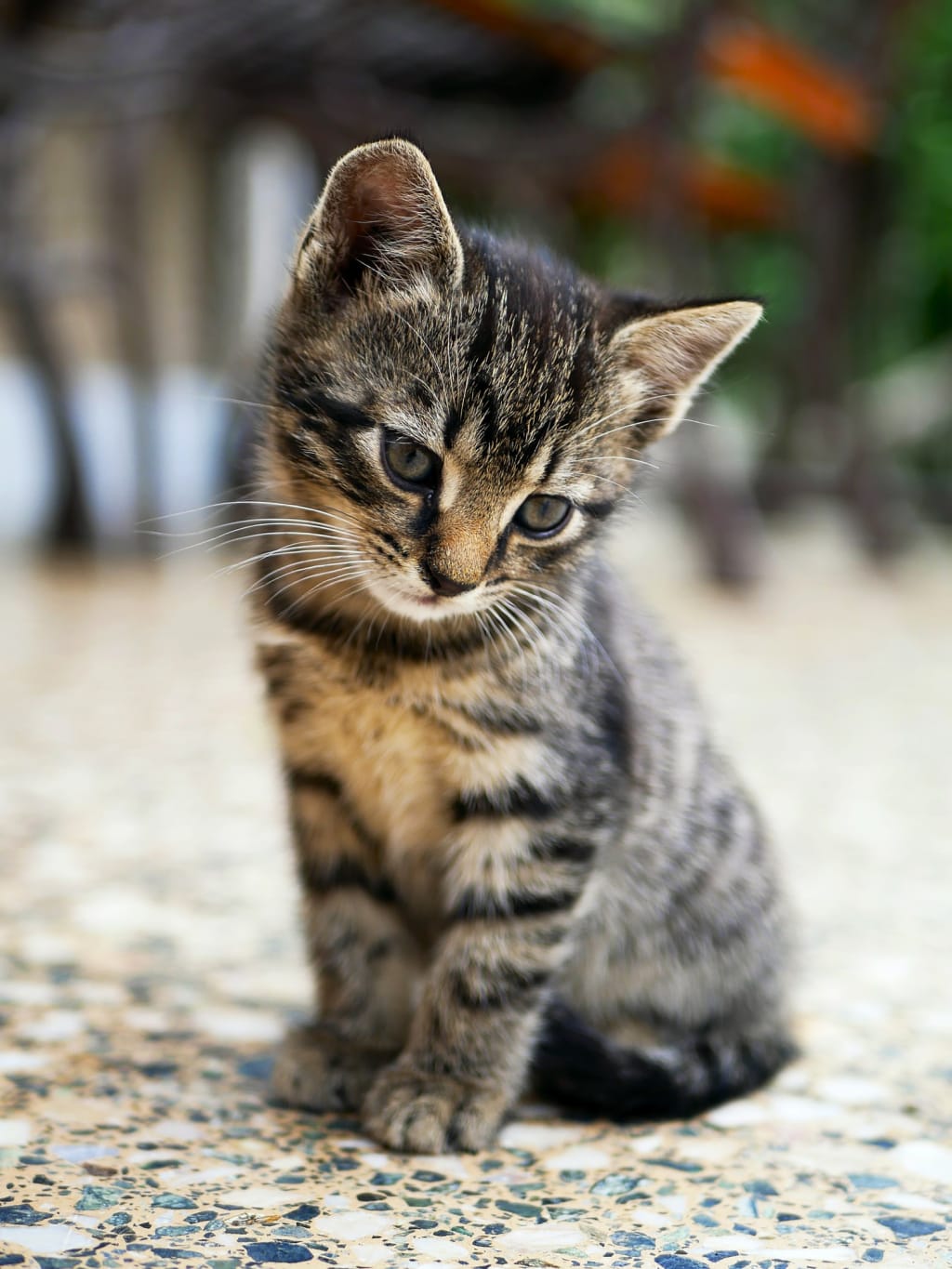
Cats are the stars on platforms such as Youtube and TikTok and represent the favorite pet of most people. They are playful, cuddly, and warm people's hearts with their cute, child-like behavior. Scientists say that cats have a very developed emotional intelligence and this is the reason why they manage to make us love them so much. A proof of the love that humans feel for their house cats is the fact that even in front of catastrophes, such as the war in Ukraine, people did not abandon their beloved pets, and took them along on the perilous route to freedom and safety. But not many know how cats actually started to be adopted into our families. Their story begins almost 10000 years ago, at the dawn of civilization.
The domestic cats (scientifically called Felis silvestris catus) that we know today, and we raise so lovingly, are descended from the African wildcat, known by the scientific name of Felis silvestris lybica, or by the common name of the desert cat. Desert cats live in Africa, but also in West Asia, usually in the savannah, in rocky areas, or in the desert, but usually, near villages, where they find food, in the form of rodents. The fact that the ancestors of cats lived in hot areas, such as the deserts, is the reason why cats love heat so much. This is why they search for warm places in the house, to sleep on. The African wildcat is the size of most domestic cats and weighs up to 5-6 kg. Its fur is sand-colored, it has dark stripes and even its hair tips are dark.
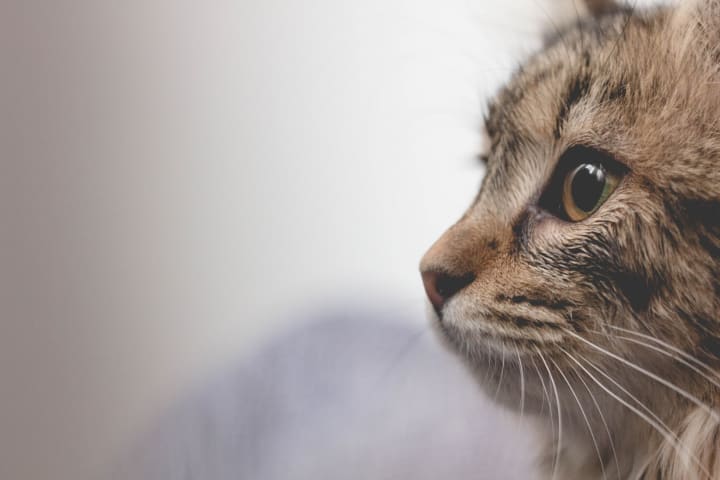
The first archaeological finds, which point to the coexistence of cats with humans, can be dated back to the years 9000–6000 BC and were identified for the first time in the area of the so-called Fertile Crescent. This is the area that includes Jordan, Iraq, Palestine, Israel, and Northern Syria. When the people here settled down and started practicing agriculture, they also began creating food storage deposits. But the accumulation of supplies of cereals attracted rodents, especially mice and rats, and these pests began thriving in villages. These rodents were an ideal source of food for the wild cats. For this reason, wild cats moved closer to human food storage areas, in order to hunt the rich prey. When people realized that the damage caused by the pests was reduced, due to the cats’ presence, they became interested in attracting the cats and their hunting skills came to be appreciated.
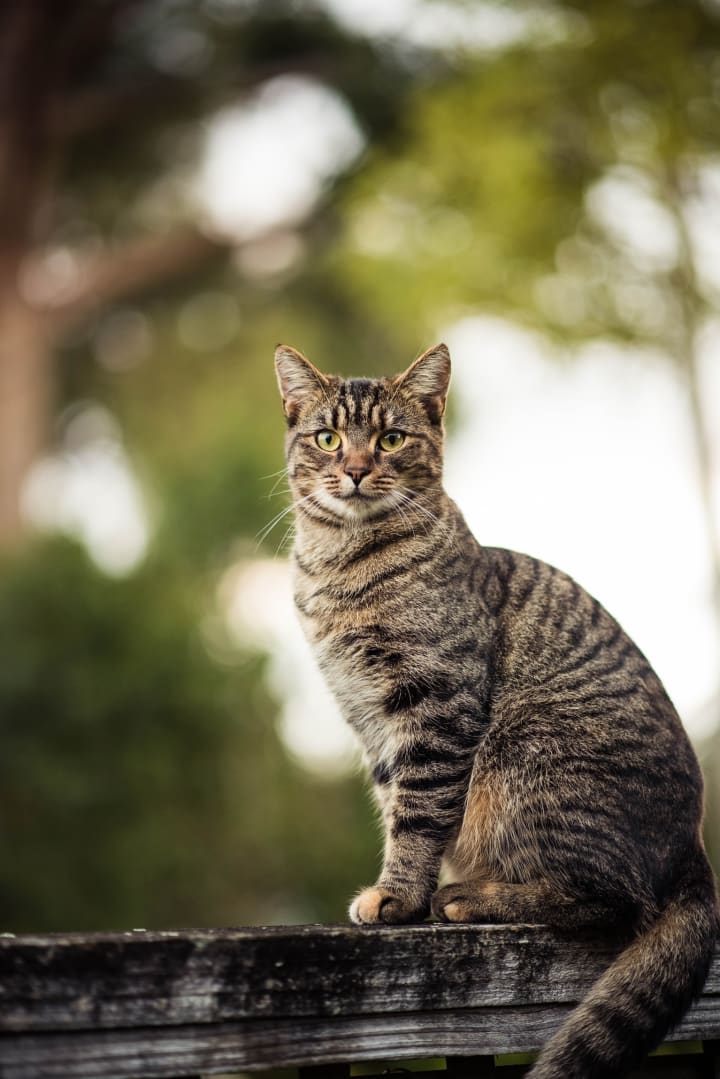
This is how cats became domesticated. Under these circumstances, the cats have developed as independent house animals, and even nowadays they are not necessarily dependent on humans, although they are very tame and cuddly. Because of the great service that the cats provided by guarding the granaries, the ancient Egyptians worshiped them, and from the status of simple guardians of the storage areas, they raised them to the rank of gods and worshiped them in the shape of the goddess Bastet.
Since ancient times, grain traders took cats on board of ships, so that they could hunt the rats and mice and exterminate them as far as possible. Cats traveled with the ships and traders from Egypt and the Near East all over the known world and became at home all over Europe. They later reached other parts of the world the same way.
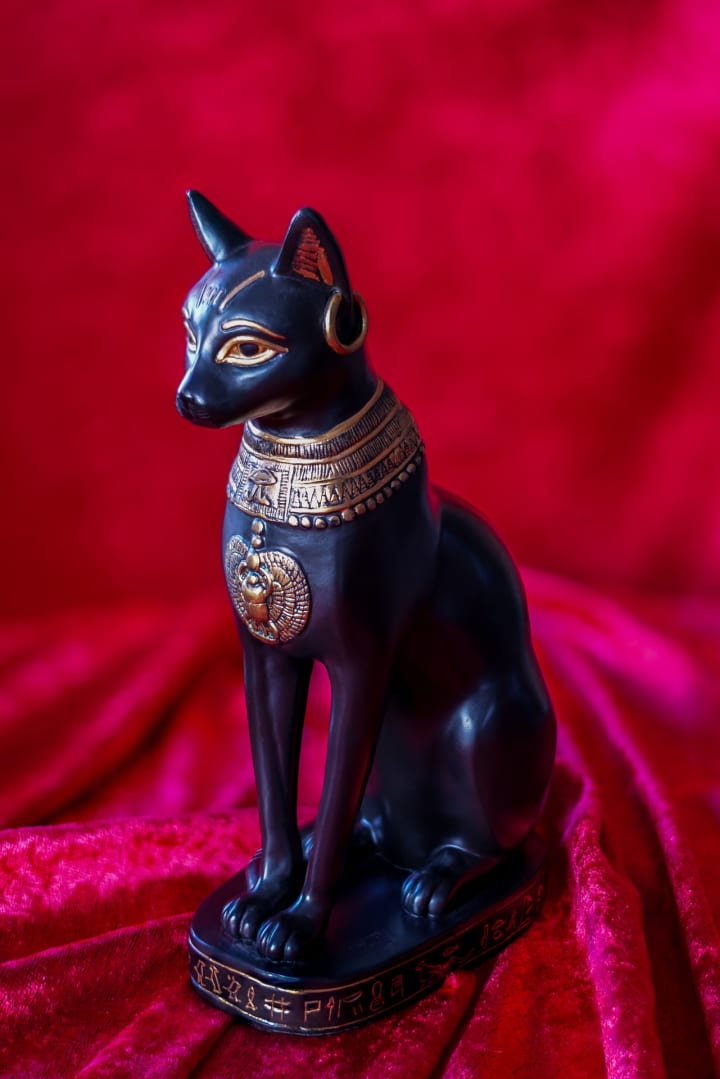
Nowadays cats have spread on all continents and are some of the most loved pets. In the last 150 years, humans have selected cats for their traits and began creating the first cat breeds. Their aspects differ and we can find cats with short or long fur, or even bald ones, such as the sphynx. And their selection will continue and we shall probably have a much greater variety of fascinating breeds in the future.




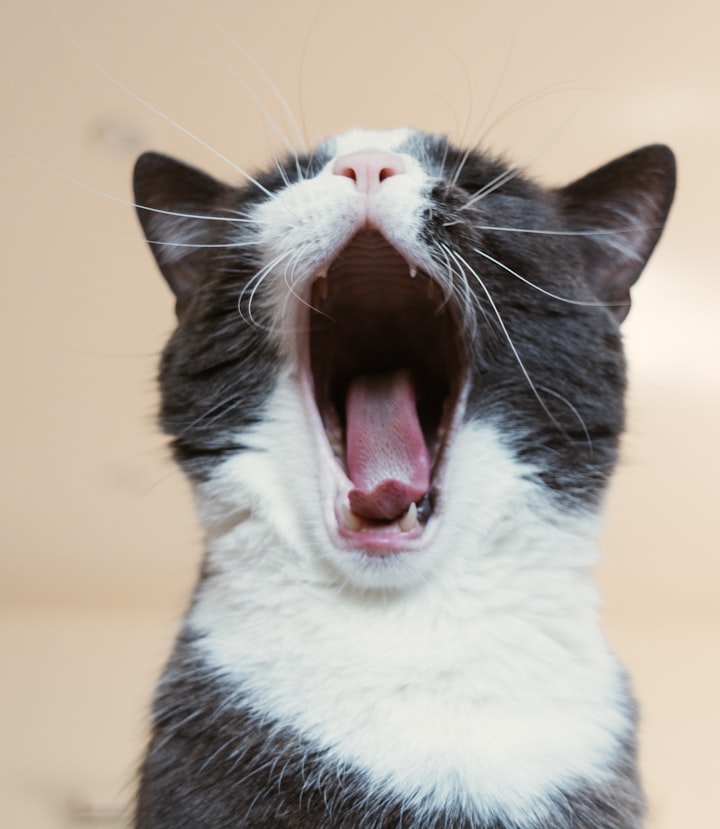

Comments
There are no comments for this story
Be the first to respond and start the conversation.